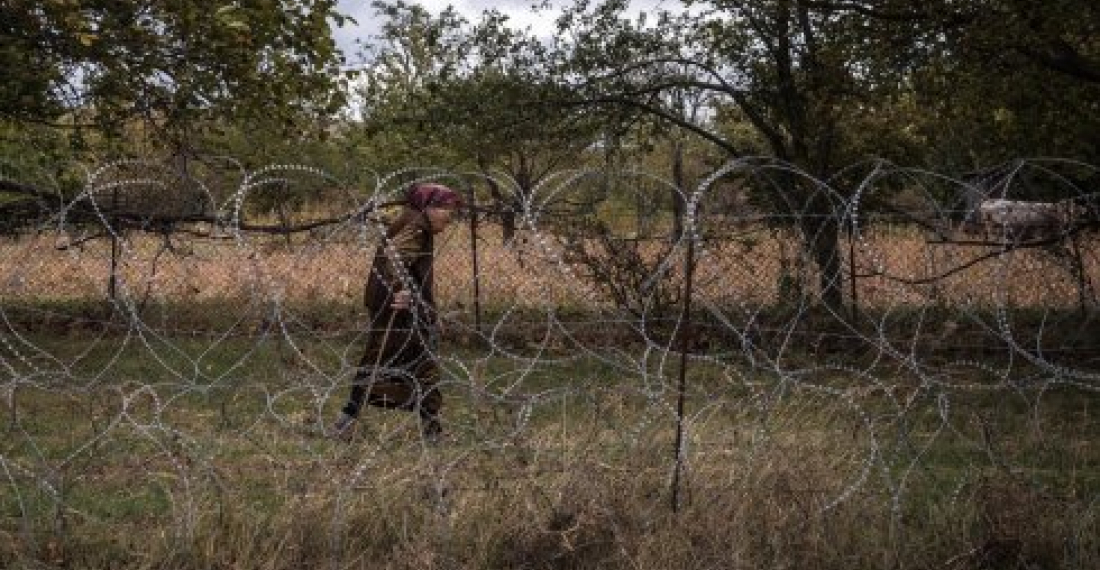This is a commentary prepared by the political editor of commonspace.eu
The arrest of a Georgian doctor by the authorities of the de facto administration of South Ossetia in Tskhinvali is a disturbing matter for both the Georgian people as well as the international community.
Dr. Vazha Gaprindashvili, a well-known Georgian physician and president of the Association of Orthopedists and Traumatologists of Georgia, was sentenced on November 15 by the Tskhinvali authorities for two months of pretrial detention, ostensibly for crossing the administrative boundary line that seperates South Ossetia from the rest of Georgia. For weeks now, the Tskhinvali authorities have closed the crossing points, practically isolating the Georgian population in territories that they control. Dr. Vazha Gaprindashvili, is a respected member of the medical profession. His arrest whilst on a humanitarian misson should be condemned in the strongest of terms.
But the incident has wider ramifications, not least as regards Russia. After the 2008 Georgia-Russia War, a large Georgian population found itself for the first time under South Ossetian control because Russian troops refused to adhere to the Medvedev-Sarkozy agreement that ended hostilities which provided for the sides to return to the status quo ante. This population in and around the town of Akhalgori, has been experiencing untold suffering as a result of the new situation, and their human rights continue to be violated. Russia's building of a wall around South Ossetia, using military maps from the 1980s to define what they now insist is an international border is an act of cynicism - an attempt to give a veneer of legality to what is a completely illegal situation.
Ensconed behind their wall, and the Russian military force that defends it, the South Ossetian leadership has been emboldened in taking hostile and unfriendly acts, the purpose of which remain something of a mystery. There is nothing for the Ossetians in this policy except risks and high political costs.
Every time it creates an incident, Tskhinvali brings upon itslef, and its Russian patrons, the condemnation of the international community. It hardens the position of Tbilisi and of Georgian public opinion more generally. The only reason why Russia would be ready to allow this is if it serves a bigger objective. In this case the objective is clearly the distabilisation of Georgia. Moscow has never reconciled itslelf with the independent-minded foreign policy of the Georgian state, and wants to keep the country in a permanent state of crisis. This may have worked had the tactics not been so clumsy as to be counter productive.
The authorities in Tskhinvali need to readjust their policies and tactics if they are not to loose the little respect left for them. Dr Gaprindashvili needs to be released immediately; the crossing points must be opened, and a more constructive approach needs to emerge from Tskhinvali in its engagement with both Georgia and the international community.
On the other hand the final responsability for what is going on remains with Russia. It is important that Russia's arbitrary and hegemomnic policies in the South Caucasus continue tob e challenged, and the international community, not least the European Union, needs to be ready to do that.
source: This commentary was prepared by the political editor of commonspace.eu
photo: The new barbed wire wall being build by Russia in the South Caucasus (archive picture)
The views expressed in opinion pieces and commentaries do not necessarily reflect the position of commonspace.eu or its partners






